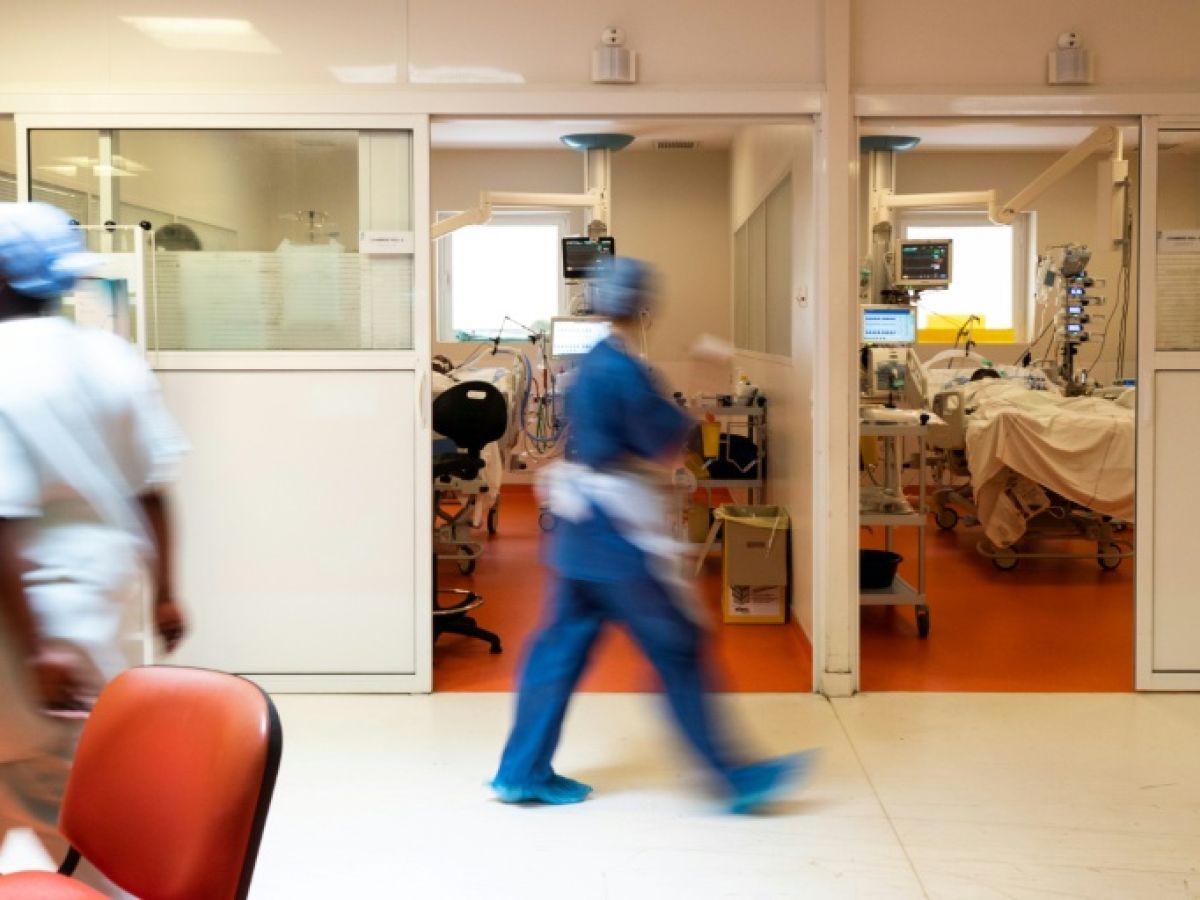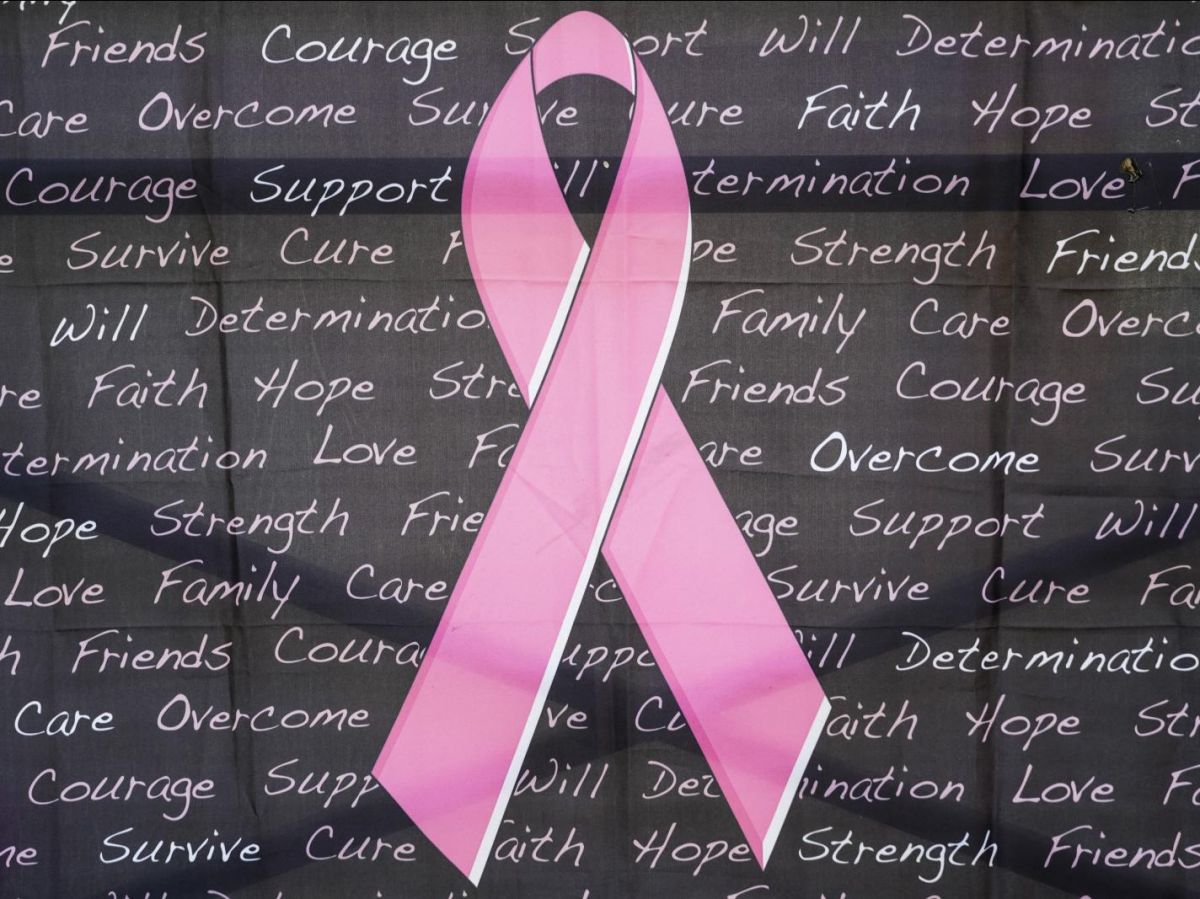Every year, hundreds of people from the French West Indies leave their island to seek medical treatment in mainland France, a phenomenon that health authorities call the "leakage rate." It's a decision rarely taken lightly, driven by a sense of disorientation and a search for care perceived as safer.
At the end of this pink October, Joëlle Fanny, 44, is preparing to leave Martinique to undergo another breast operation, this time at the Gustave-Roussy Institute in Villejuif, in the Val-de-Marne.
"It's not a whim: it's a choice because my journey in Martinique against cancer was not easy," confides this single mother of two, a medical-psychological assistant in Lamentin.
Surgery, medical examinations, chemotherapy, rehabilitation in a specialized center or simply a second opinion: many patients from the West Indies leave, out of necessity or by choice, to seek treatment elsewhere.
According to figures from the Regional Health Agency (ARS) which AFP was able to consult, a little over 6% of the archipelago's patients leave their territory each year, with peaks depending on the specialty: 86% for lung surgery, for example.
“A lot of little things in my journey made me lose confidence (…) I didn’t feel listened to, I waited too long for some tests, I also needed a second opinion,” lists Joëlle Fanny, convinced that her island “lacks staff”.
"During my treatment, I never had follow-up with the same doctor. It changed every time," she laments.
– Lives turned upside down –
However, this departure turns his whole life upside down: the organization of care for his elderly parents, the schooling of his children in France, the expenses to be expected.
Because his condition could be treated in Martinique, the additional costs of his travel are not covered by Social Security.
To avoid facing these procedures alone, Joëlle Fanny turned to Kayso, the first health assistance platform in the French West Indies and French Guiana, launched in February.
"The story starts with my breast cancer in 2013," says its founder, Nathalie Chillan.
The woman who had already created the Matété association in 2018 to help women with breast cancer saw a recurring need emerge: "Many women called me to ask if I had possible accommodation, help with the plane ticket."
"I thought to myself that in those moments, people from overseas territories are less supported," she continued.
Kayso caters to all patients, including men. "Some men with prostate cancer prefer to have these operations performed by doctors in France, for reasons of discretion, but also for fear that the erectile nerve may be affected," she says.
Marina Maliapin, 45, from Guadeloupe, spent nearly six months in mainland France after fourteen months of medical uncertainty. She remembers the months of preparation before her departure, "trying to find solutions to all the logistical problems."
After six weeks in the hospital in the Bordeaux region, she had to stay with relatives for several months. "Not seeing my children, my partner, my family, it was hard!" she confides.
Back home and healed, she does not regret leaving and especially remembers "the super responsive care, this difference in the treatment".
Total cost of this semester in France, excluding medical care: "3,000 euros, to which we add the bills that continue to pile up at home!", she says.
According to the ARS Guadeloupe, the "leakage rate", which has been slightly decreasing since 2019, still concerned nearly forty specialties in 2024, notably surgery (7.9%) and general medicine (5.8%).


